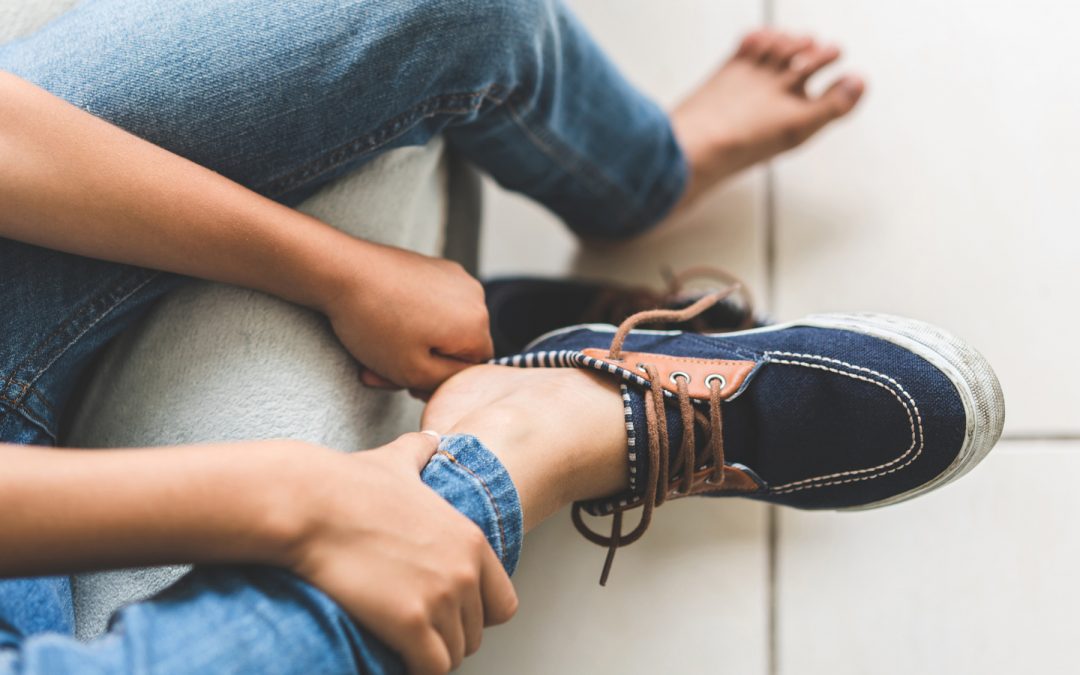To Shoes or Not to Shoes? Keeping a Clean House Starts at the Door MABA MassachusettsRealEstate FirstTimeHomeBuyers MaBuyerAgent
It’s one of the most hotly debated domestic dilemmas: should you wear shoes in the house, or not? Some households treat shoes indoors as a non-issue, while others enforce a strict no-shoes policy like it’s a commandment. But beyond cultural norms and personal habits, there’s a real cleanliness question at the core of the debate. If your goal is to maintain a clean, healthy home, the answer might be more straightforward than you think. Here are six things to consider when deciding whether to go shoe-free indoors.
What Are You Bringing In?
The bottom of your shoes can collect all kinds of unwanted guests—bacteria, pesticides, dirt, allergens, and even traces of human and animal waste from public places. Studies have shown that harmful bacteria like E. coli and Clostridium difficile can hitch a ride on your soles and get tracked into your home. If you wouldn’t want to eat off your floor, it makes sense not to walk on it with shoes that just left the sidewalk or subway.
Dirt and Wear-and-Tear
Shoes are one of the biggest culprits when it comes to spreading dirt and grit throughout the house. Over time, this can do real damage to your flooring—especially hardwood, tile, and carpets. Grit from outside acts like sandpaper, wearing down finishes and embedding deep into fibers. Removing shoes at the door can extend the life of your floors and reduce cleaning time and cost.
Allergens and Air Quality
If you or your family members suffer from allergies, shoes can be a sneaky trigger. Pollen, mold spores, and other allergens stick to soles and get deposited into rugs and corners. Even if you vacuum regularly, those allergens can build up and circulate in the air. Going shoe-free helps keep your indoor air cleaner and more breathable—something especially important if you have young children, pets, or respiratory sensitivities.
Cultural and Social Norms
In many cultures, taking off shoes indoors is simply expected—it’s a sign of respect and cleanliness. In others, it might feel overly formal or even rude to ask guests to remove their footwear. If you’re in a mixed-shoes household or regularly host visitors, consider providing a polite shoe rack and a few pairs of guest slippers. That way, you can keep your floors clean without making guests uncomfortable.
The Psychological Factor
There’s something mentally grounding about leaving your shoes at the door. It signals a transition from the outside world to your personal sanctuary. Many people find that going barefoot or wearing cozy house shoes helps them relax and feel more at home. Plus, it’s one more subtle cue that home is a clean, peaceful, and cared-for space—something we could all use more of.
Making It Work Practically
If you’re going to enforce a no-shoes policy, you’ll need to make it easy. A bench by the entryway, a designated shoe shelf, and indoor-only slippers can help make the transition seamless. For families with kids, a consistent routine makes it second nature. And for anyone worried about cold floors, soft rugs or radiant heat might be the perfect excuse to leave your shoes behind—literally and figuratively.

FIRST TIME HOMEBUYERS
Client Testimonial:
 "No amount of reading or web surfing can equal having a competent professional advising you and looking out for your interests. I do not understand why anyone would buy a house in MA without a MABA buyer's broker."
"No amount of reading or web surfing can equal having a competent professional advising you and looking out for your interests. I do not understand why anyone would buy a house in MA without a MABA buyer's broker."
- Samantha and Brendan, Purchased a home in Marlborough, MA 2012
Get Started with MABA
For no extra cost, let a MABA buyer agent protect your interests



